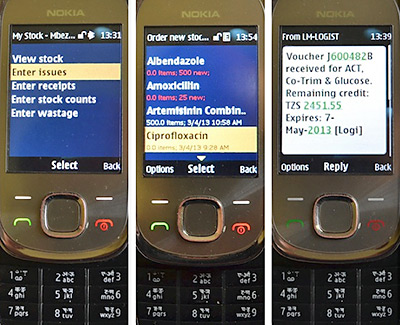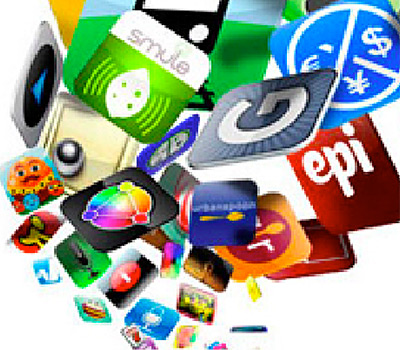These finalists who were invited to present in the final round of the Wireless Innovation Project™ were selected from nearly 100 applicants.

Mobile Technology Enabled Credit Program for Medicine
William Davidson Institute, University of Michigan
A mobile platform for payment and repayment that will link revolving credit pool, accredited medicine shops and qualified medicine wholesalers and sub-wholesalers to ensure higher availability and access to medicines .
Crowdshake
California Institute of Technology
Cloud-based early warning system that utilizes smartphones as both sensors and earthquake alert notifications devices for regions that are high risks for earthquakes and lack any type of early or earthquake warning systems.
RetiCue: Mobile Phone-Based Retinal Imaging
MIT Media Lab, Massachusetts Institute of Technology
A mobile phone attachment for at-home imaging of the retina, enabling diabetic patients worldwide with easy access to a portable screening tool, image processing services and (remote) expert diagnosis.

Open mHealth
Open mHealth
Open software architecture for mobile solutions which will break down barriers and allow integration and flexibility, essentially allowing apps and devices to “talk” to each other and be integrated to accommodate a particular individual or health need.
SharedSolar
Modi Research Group, Earth Institute, Millennium Villages Project, Columbia University
Pay-as-you-go electricity to rural off-grid communities utilizing renewable energy technologies, smart metering and mobile phones as tools.